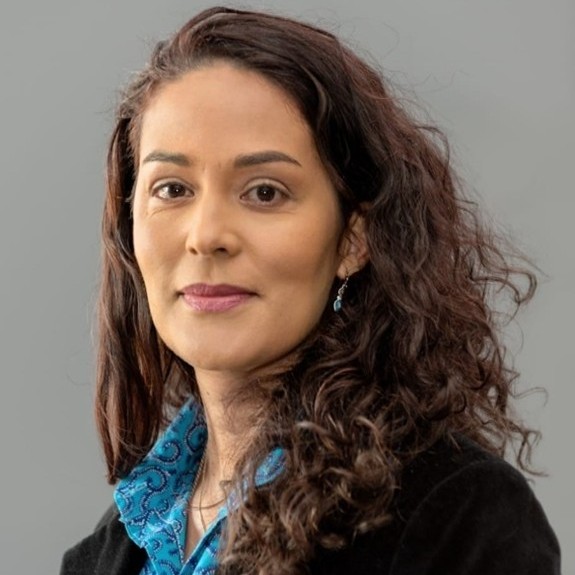Day 1: Understanding Energy Efficiency in Buildings
- Session 1: Introduction to Energy Efficiency in Buildings
- Session 2: Key Energy Efficiency Strategies for Building Design
- Session 3: Case Studies & Best Practices
- Session 4: Panel Discussion & Q&A
The first day of the three-day webinar series on energy efficiency in buildings, with a focus on Zambia and Mauritius, opened with a strong call for collaboration and knowledge exchange. The event, part of the Global Platform for Urban Climate Neutrality (GPUC) project, brought together policymakers, engineers, students, and international experts to explore strategies for improving building performance. The session began with a global overview, highlighting that buildings account for over 30% of global energy use and 26% of energy-related emissions. In Africa, the sector is even more critical, consuming 61% of final energy and contributing over 32% of CO₂ emissions. The urgency for energy efficiency is underscored by rapid urbanization, rising energy demand, and climate vulnerabilities.
Country-specific presentations from Zambia and Mauritius provided insight into local challenges and progress. Zambia’s Ministry of Housing and Urban Development outlined its Integrated Resource Plan, aiming to reduce hydro-dependence from 85% to 36% by 2050 through diversification into solar, wind, and biomass. The country faces significant energy deficits, exacerbated by droughts, and is promoting private sector investment to meet ambitious targets for electrification and renewable energy. Mauritius, represented by the Energy Efficiency Management Office, emphasized its vulnerability as a small island state and its commitment to reducing emissions by 40% and increasing renewable energy to 60% by 2030. The country is focusing on energy audits, public awareness, and minimum energy performance standards to drive efficiency, particularly in the high-consuming domestic and commercial sectors.
The webinar also explored practical strategies for energy-efficient building design. Passive measures such as natural ventilation, daylighting, and cool roofs were discussed alongside active technologies like LED lighting, efficient HVAC systems, and heat pumps. The importance of integrating renewable energy and using energy management systems was emphasized. Nature-based solutions, including green roofs and permeable pavements, were presented as cost-effective ways to reduce urban heat and manage stormwater, with case studies from India illustrating their impact and feasibility.
The session concluded with an overview of the EDGE certification system by the International Finance Corporation (IFC), showcasing its role in promoting green buildings across Africa. EDGE offers a streamlined, cost-effective certification process that supports access to green finance and encourages resource-efficient design. Case studies from Kenya, Côte d’Ivoire, and South Africa demonstrated how EDGE certification has enabled developers to secure green bonds and reduce operational costs. The panel discussion highlighted the need for enforceable building codes, capacity building for architects and engineers, and stronger public-private partnerships to scale up energy efficiency efforts. The day ended with a quiz and an invitation to continue the conversation in the upcoming sessions focused on policy frameworks and practical implementation.
Share this
Sector: Buildings
Country / Region: Mauritius, Zambia
Tags: building codes, climate resilience, energy efficiency, green buildings, renewable energyIn 1 user collection: C2E2 Webinars
Knowledge Object: eLearning
Publishing year: 2025
Content:
- E-Training Programme on Energy Efficiency in Buildings in Zambia and Mauritius
- Advancing Climate-Resilient Energy Systems. Strategies for Energy Efficiency in Zambia's Built Environment
- Importance of Energy Efficiency in the Mauritius Context
- Nature-Based Solutions for Buildings in Ahmedabad
- Access Sustainable Finance with Green & Resilient Buildings






